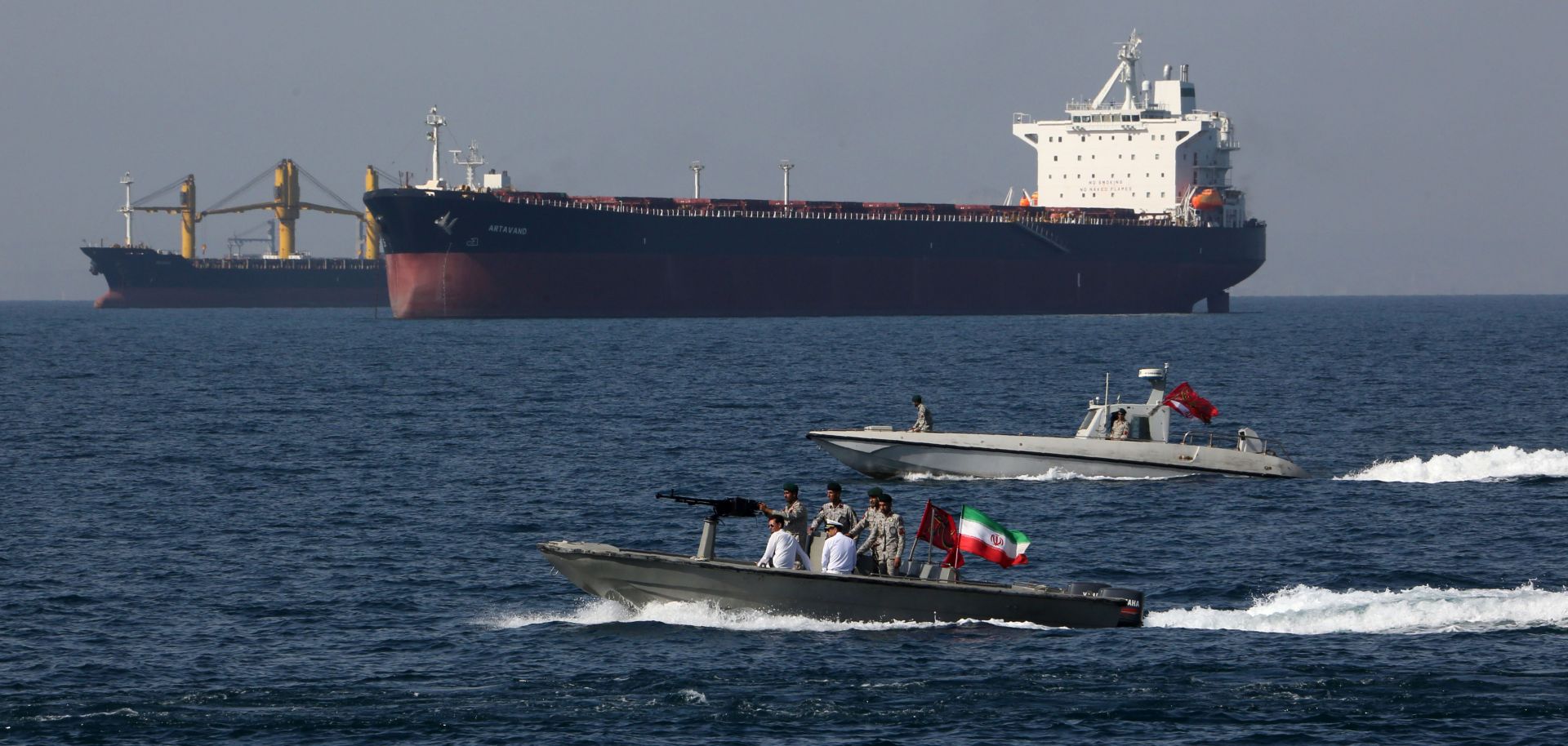ASSESSMENTS
The Factors That Could Push the U.S. and Iran to War
Jun 12, 2019 | 09:00 GMT

An armed Iranian speedboat in the Strait of Hormuz on April 30. A war between the United States and Iran would have major global economic and energy consequences.
(ATTA KENARE/AFP/Getty Images)
Highlights
- Despite hard-line factions in both Iran and the United States that would like to pursue confrontation, both countries will remain keen to avoid a major war with each other.
- Nevertheless, the risk of miscalculation and escalation will remain high, particularly given Iran's force dispositions and conflict strategy, as both countries ramp up their military preparations.
- The absence of meaningful channels of communication will also reduce the ability of both countries to de-escalate tensions after an accident or initial confrontation.
Subscribe Now
SubscribeAlready have an account?
